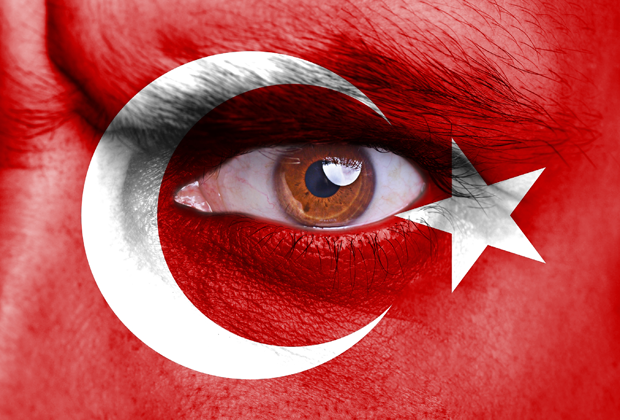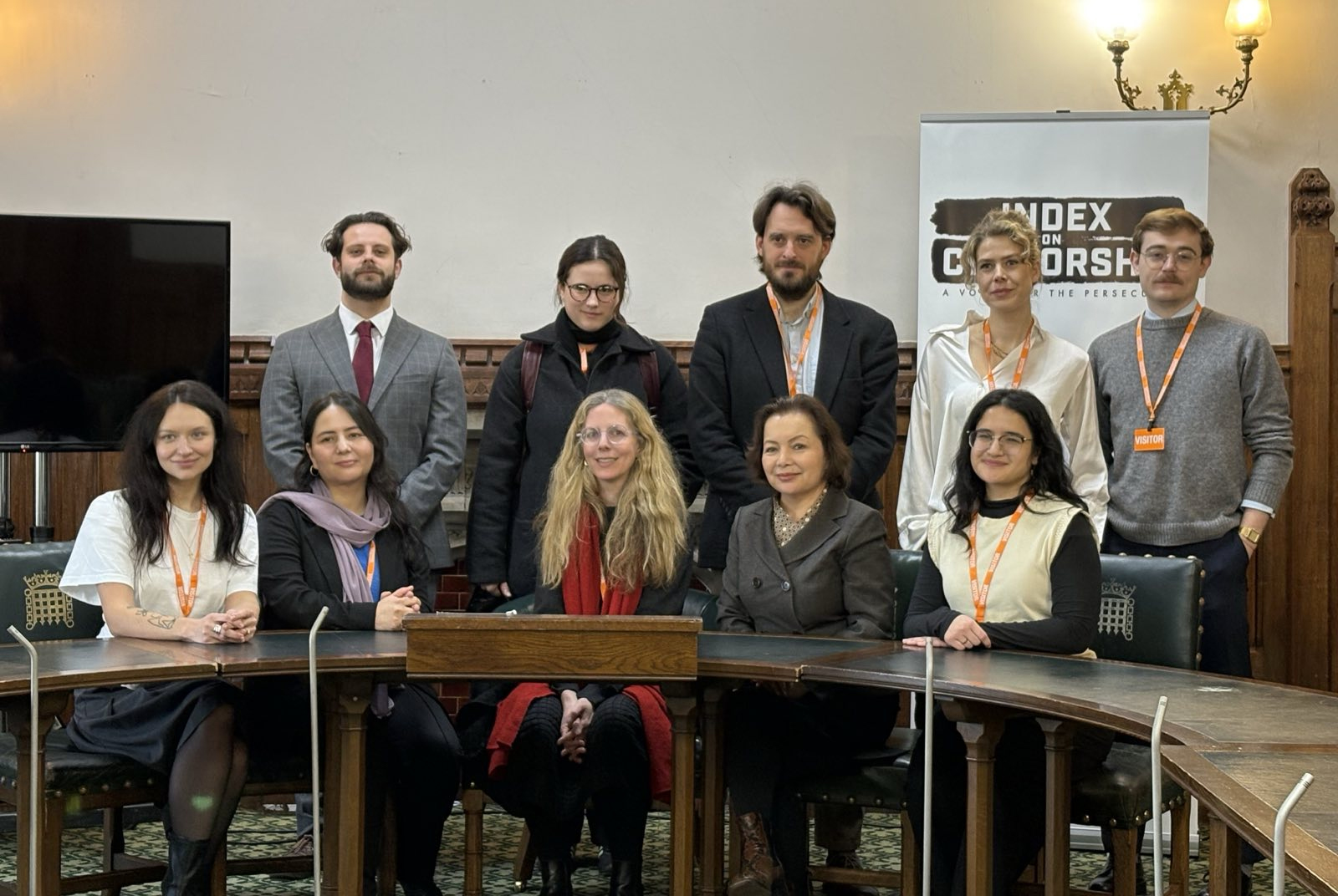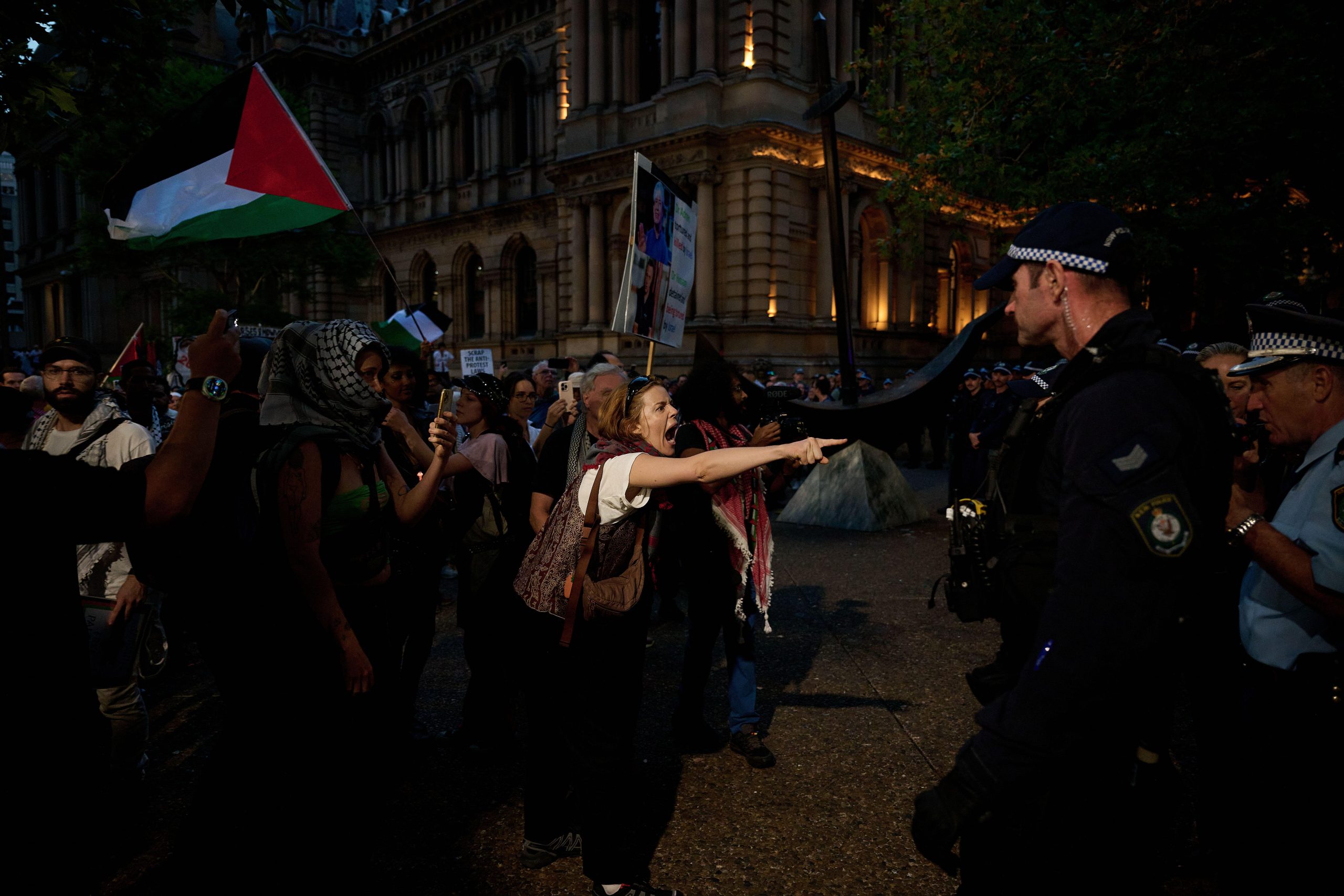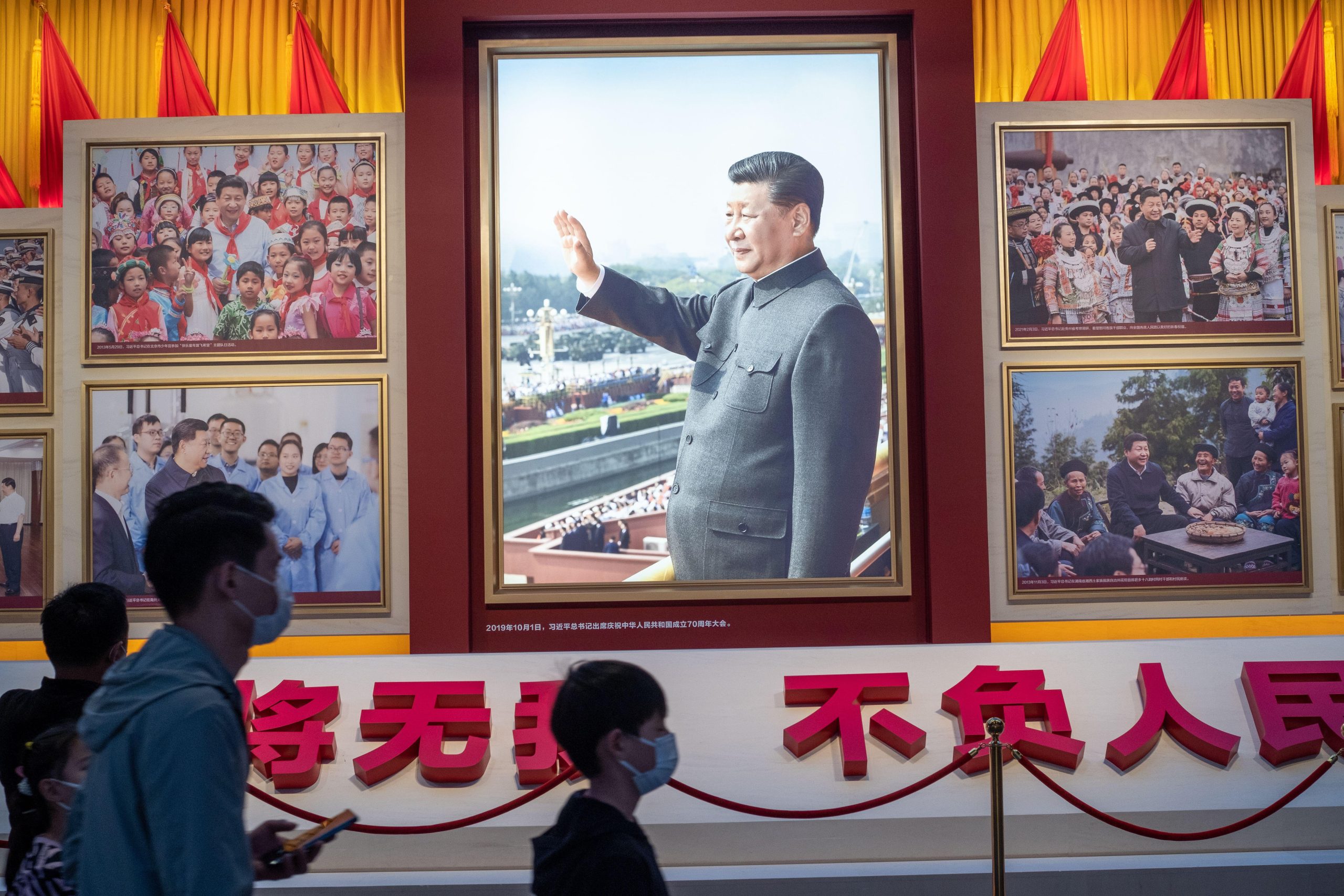Turkey stands at 154 out of 180 places on Reporters Without Borders 2014 Press Freedom Index.
As of December 2013, a total of 211 journalists were behind bars somewhere in the world. Almost one fifth of these alone were jailed in Turkey, making it the country with the most number of journalists imprisoned globally, and placing it behind countries with such as Iran and China.
In the past 18 months many renowned journalists have been removed from their positions due to direct and increasing government pressure on media organisations in an attempt to control the level of critical coverage.
The height of government pressure came during the June 2013 Gezi Park protests, in which 153 journalists were injured and 39 detained for just doing their job.
The majority of mainstream national TV channels failed to cover the initial protests for fear of backlash from the government. The recent approval of a new “internet law”, a law brought in on the grounds of protecting the privacy of private information, is seen by many as the latest step in a conscious effort by the government to control freedom of expression in Turkey.
In a 2007 article, Concentration of ownership, the fall of unions and government legislation in Turkey (£) journalism professor Christen Christensen argued that the enormous power of Turkish media owners leaves journalists powerless.
Journalists’ Trade unions are seen as “useless” in, leaving reporters vulnerable to economic and political pressure. In the same article, Christensen more importantly stated that while there has been an increase in penalties for crimes committed through print or mass media, simultaneously there is a lack of provisions securing the rights of journalists to report and discuss issues. The difficulty of carrying out the profession in Turkey is enhanced by the restrictions on access and disclosure of information and the vague language used to define defamation and insult.
Today, a high number of journalists have been charged under Turkey’s anti-terrorism legislation The law’s vague wording allows a broad interpretation what constitutes support for a terrorist organisation. Many high profile journalists, such as Nedim Şener, Ahmet Şık and Cumhuriyet’s Mustafa Balbay, were charged with involvement in the “Ergenekon plot” – an alleged shadowy conspiracy that authorities claim aimed to overthrow the government. These charges have been laced with claims of falsified evidence, discrepancies in computer records and doctoring of evidence.
The grounds for arrests have similarly been a cause for confusion, Şık, for example, was arrested for allegedly supporting Ergenekon when his unpublished book was allegedly found on internet news portal OdaTV computers, while evidence against Mustafa Balbay comprised of documents seized from his home and office, which he states were notes and recorded conversations with government and military officials conducted for the purpose of his journalism.
Again, the same anti-terrorist legislation has resulted in the arrest of several Kurdish journalists for what authorities say is dissemination of propaganda aligned with the banned Kurdish Worker’s Party, or PKK, and related organisations.
As political tensions in the country increase, vague legal frameworks continue to be the enemy of not only journalists, but also other groups, most significantly students – all of whom are being taught to fear the implications of expressing their thoughts. Despite there being talks on revising the anti-terrorism legislation to narrow its scope, it is clear that the major link between the above arrests is the presence of a voice of opposition and the lack of a strong legal framework to ensure a sound judicial process.
Today, journalists such as Nedim Şener, Ahmet Şık and Mustafa Balbay, still face jail time if sentenced and it is only with a revision of the law in question and the wider legal framework relating to journalists that the profession will be able to develop and fulfil its democratic role.
This article was published on 25 February 2014 at indexoncensorship.org





